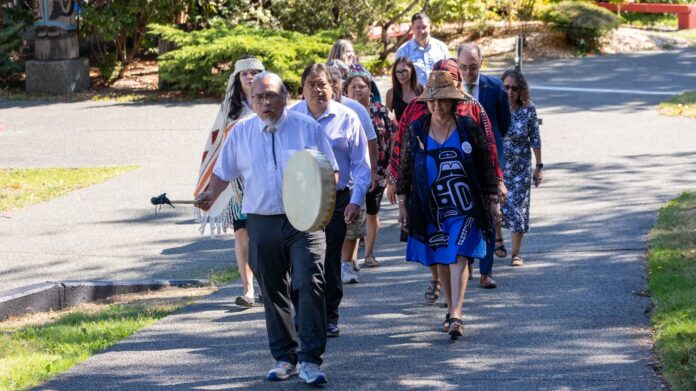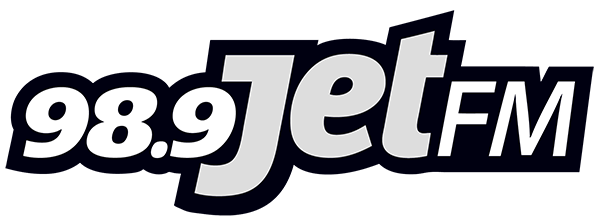B.C. Conservative Leader John Rustad wants Canada’s top court to weigh in on the recent decision in favour of the Cowichan Tribes’ land and fishery claim in Richmond.
In an Aug.7 ruling, the B.C. Supreme Court found the Cowichan, also known as the Quw’utsun Nation, have Aboriginal title to the lands at their Tl’uqtinus village site under Canada’s Constitution Act of 1982 and the right to fish the south arm of the Fraser River.
The court ruled the titles and interests in the lands held by Canada and Richmond are defective and invalid, except for the Vancouver Airport Fuel Delivery Project Lands.
In a letter Tuesday, Rustad asked federal Justice Minister and Attorney General Sean Fraser to press the federal government to submit a reference question on the ruling to the Supreme Court of Canada, calling it “a matter of significant national concern.”
The federal government can submit a reference question asking the top court for advice on a major legal issue.
The Centre for Constitutional Studies says the court’s response to a reference question is a non-binding advisory opinion that guides the government in determining a law’s meaning or the constitutionality of a proposed course of action.
“This judgment raises profound questions of law that go well beyond British Columbia,” said Rustad in a statement. “On the one hand, it suggests Aboriginal title may enjoy priority over private ownership, but at the same time it declines to make a clear declaration about fee simple lands. These two positions cannot be reconciled without guidance from the highest court.”
The federal and provincial governments opposed the claim, as well as Richmond, the Vancouver Fraser Port Authority, Tsawwassen First Nation, and the Musqueam Indian Band.
British Columbia’s Attorney General Niki Sharma has said the province will appeal the provincial court’s Aug. 7 decision.
“This ruling could have significant unintended consequences for fee simple private property rights in B.C. that must be reconsidered by a higher court,” said Sharma in a statement.
The Union of British Columbia Indian Chiefs said in a statement on Friday the judgement “reaffirms and strengthens the recognition of Aboriginal title in B.C. and across Canada.”
“This case is not about seizing private homes or threatening homeowners,” said Chief Don Tom, UBCIC vice-president. “First Nations have long warned that if governments refused to recognize and implement Aboriginal title in a principled manner through negotiations, these questions would inevitably end up in the courts. Framing this decision as a threat to private property stokes fear and unfairly scapegoats First Nations.”
Most British Columbians would support holding referendum on UNDRIP
An Angus Reid poll finds British Columbians are divided about the province’s commitment to the United Nations Declaration of the Rights of Indigenous People (UNDRIP).
B.C. officially adopted UNDRIP as a framework for reconciliation in 2019, becoming the first Canadian province to do so.
The poll found 39 per cent British Columbians said the commitment is necessary as a step toward reconciliation. B.C. NDP supporters were more likely to agree with that statement, while the vast majority of B.C. Conservative supporters were opposed.
Meanwhile, 44 per cent of B.C. respondents said UNDRIP goes too far in limiting provincial authority over land and resources.
Regarding public land-use decisions, close to a quarter of B.C. residents said Indigenous groups should have no special status compared to other local governments.

More than half said there should be some kind of shared decision-making, though 34 per cent said the B.C. government should have final authority.
Just 18 per cent said First Nations should have the power to veto land use decisions.
The poll found a majority of B.C. residents would support holding a referendum on maintaining UNDRIP. That includes 57 per cent of B.C. NDP voters and 69 per cent of B.C. Conservative supporters.
Angus Reid said the online survey was conducted from July 24 to 29, before the Cowichan Tribes ruling.






